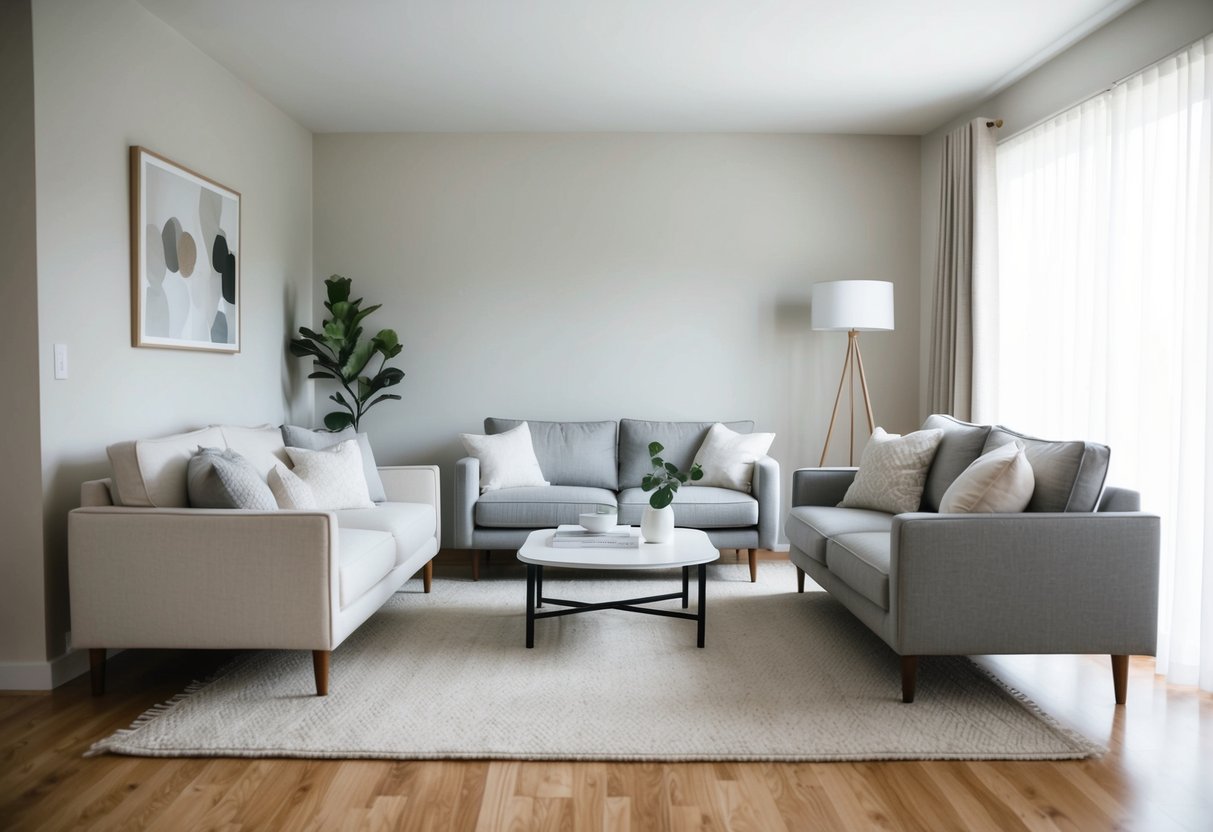Simplify Your Life with These Minimalist Living Tips
Organizing Your Living Space

Creating a harmonious living space with minimalist principles involves choosing functional furniture and expressing a minimalist aesthetic. It’s about prioritizing simplicity and practicality to foster an environment conducive to living with less.
Functional Furniture
The goal is to select furniture that serves multiple purposes, reducing the number of items within your space. For instance, a well-designed sofa bed can provide a comfortable seating area by day and a sleeping area by night. Modular furniture like stackable storage units can adapt to various needs, allowing for easy organization and customization.
Prioritizing quality over quantity ensures each piece contributes effectively to the overall setup. Compact dining tables with foldable sides or extendable sections are useful for maximizing space. Each item should justify its footprint and offer both utility and simplicity.
Minimalist Aesthetic
Achieving a minimalist aesthetic involves consciously choosing items that emphasize clean lines and uncluttered spaces. Neutral color palettes create a calm atmosphere, enhancing the perception of an open and airy room. An emphasis on natural materials, such as wood and stone, provides a warm yet straightforward visual appeal.
Limit decorations to essentials that hold personal meaning or function. Opt for artwork that complements rather than overwhelms, reinforcing the sense of tranquility. The idea is to let space and light play central roles in the environment, maintaining a sense of order and peace.
Streamlining Your Schedule
In today’s fast-paced world, simplifying your schedule can lead to increased productivity and a more balanced life. Efficient time management and reducing commitments are key strategies in achieving this goal.
Time Management
Managing time effectively involves recognizing priorities and adjusting accordingly. It starts with identifying essential tasks and allocating specific time slots for their completion. Creating a daily or weekly plan helps individuals focus on what’s important and reduces unnecessary distractions. A digital calendar or planner can be beneficial in tracking appointments and deadlines.
Setting realistic goals and estimating the time required for each task can enhance efficiency. By doing so, individuals can avoid the stress of last-minute rushes and create space for spontaneous activities. Incorporating routine breaks into the schedule allows for relaxation and revitalization, ultimately boosting productivity.
Reducing Commitments
Reducing commitments plays a crucial role in maintaining a simplified lifestyle. Individuals can start by evaluating their current obligations and determining which ones truly align with their values and goals. Saying no to non-essential tasks can free up time and energy for more fulfilling activities. Prioritizing commitments ensures that time is spent on meaningful endeavors.
Delegating responsibilities when necessary can also help alleviate the pressure of a packed schedule. By sharing tasks with family, friends, or colleagues, individuals can find a better balance between work and personal life. Embracing these strategies contributes to a more manageable and less stressful daily routine, ultimately enhancing overall well-being.



